After a spat with the ruling Islamist party, the Pakistani military has empowered the Judiciary to take over more of the day to day running of the country.
Earlier this month, ambassadors from Saudi Arabia, China, and the United Arab Emirates (UAE) held a succession of meetings with Pakistani officials, including leaders of the ruling and opposition parties, and the Chief of Staff for the Army.
The meetings occurred behind closed doors, but it’s been reported that the foreign diplomats have been trying to turn down the temperature within the country, especially as Pakistan’s general elections approach. If this is their goal, it’s with good reason; Saudi Arabia, China, and the UAE are all major stakeholders in the China-Pakistan Economic Corridor (CPEC), a network of a railroads and port systems linking the Pakistani coast and the interior of China. For China, billions in loans to Pakistan are at stake, and the gulf monarchies stand to export oil to a hungry Chinese market more easily.
Inside Pakistan, the country’s Supreme Court has brewed political chaos of its own, however, after it banned Nawaz Sharif, the founder of the Pakistan Muslim League-Nawaz party, and the former prime minister of Pakistan, from politics for life as a result of corruption. That verdict was reached last week, after the Supreme Court unanimously ruled that anyone disqualified under a constitutional clause requiring legislators to be “honest and trustworthy” would also be considered banned for life.

This decision comes nearly a year after another controversial verdict by the Supreme Court, which ousted Sharif from his premiership. Sharif and his family have called the corruption charges against them — which are tied to the Panama Papers case — a “conspiracy” from the very beginning, hinting at an alliance between the judiciary and the military to oust the family. Mr. Sharif has also led a year-long campaign both in public and on social media to thwart his opposers, saying the people behind the investigation were “targeting [him] and [his] family for their political aims.”

Nevertheless, concerns over a domineering judiciary do still remain in the minds of many Pakistanis.
The chief justice of Pakistan’s Supreme Court, Mian Saqib Nisar, has particularly gained a lot of attention over the last year, reaching an almost celebrity-like status in his country. Although he has vowed to rid the country of its corrupt politicians, Nisar isn’t solely focused on the decisions coming out of his court. Rather, he’s engaged journalists, the media, and the public, which has brought greater attention and power to the entire court.
Nisar has taken to pursuing cases suo moto, a legal term meaning that the judge is pursuing cases on his own volition. In most circumstances, pursuing cases like this has been reserved for situations where there is gross negligence on the part of public officials and the government. But in Pakistan, Nisar and his fellow judges have begun to examine cases simply when they think it is necessary to do so.
For example, earlier this month, when Pakistani journalist Zeeshan Ashraf Butt was murdered, many senior journalists in the country criticized the local police for their failure to arrest the accused suspect after eight days. With the murder dominating news headlines, Chief Justice Nisar decided the investigation was not moving fast enough and took a suo moto notice of the case, ordering District Police Officer Asad Sarfraz Khan to report on the progress of the case within 24 hours.
Nisar has initiated over 30 suo moto cases this year alone, in a range of court decisions that have raised the pensions of retired bank workers, increased pay for doctors, and summoned elected officials when a lack of public services, including access to water, was discovered.
“You should fear Allah,” said Nisar, during a case concerning the delivery of water to residents of Karachi. “What kind of government is this, selling water to residents? Even blessings like water and air have been snatched. No one cares about the poor.”
Today at Supreme Court Maimouna made an appeal to Chief Justice Saqib Nisar. Her appeal was heard and notice was taken and CJ came from his house and conducted the proceedings in the chambers. He told the DPO gujranwala to produce the daughters. #ThankYouChiefJusticeSaqibNisar pic.twitter.com/CMKgdJoaCD
— Hassaan Niazi (@HniaziISF) March 30, 2018
Other justices have made headlines through pop-culture references and cracking jokes on the bench, in what’s been seen as an effort to engage with the media and the public. In the corruption case against Sharif, Justice Asif Saeed Khan Khosa quoted a character from “The Godfather” in the judgment, “Behind every great fortune there is a crime.” He called the mafia novel’s epigraph “fascinating,” before saying that the current case revolved around the same notion.
Pakistan’s Supreme Court Justices have every reason to be confident in their new-found prominence, especially after Army Chief of Staff General Qamar Javed Bajwa summoned a group of journalists to Army Headquarters in mid-March to publicly declare that the army would take the side of the judiciary in any dispute with parliament and civilian politicians.
“Destabilizing the judiciary or ridiculing its verdicts could land us in political disarray,” Gen. Bajwa told journalists. “Anyone who is indignant with the Supreme Court decisions [should] not be allowed to humiliate the judiciary or raise question marks on the integrity of honorable judges.”
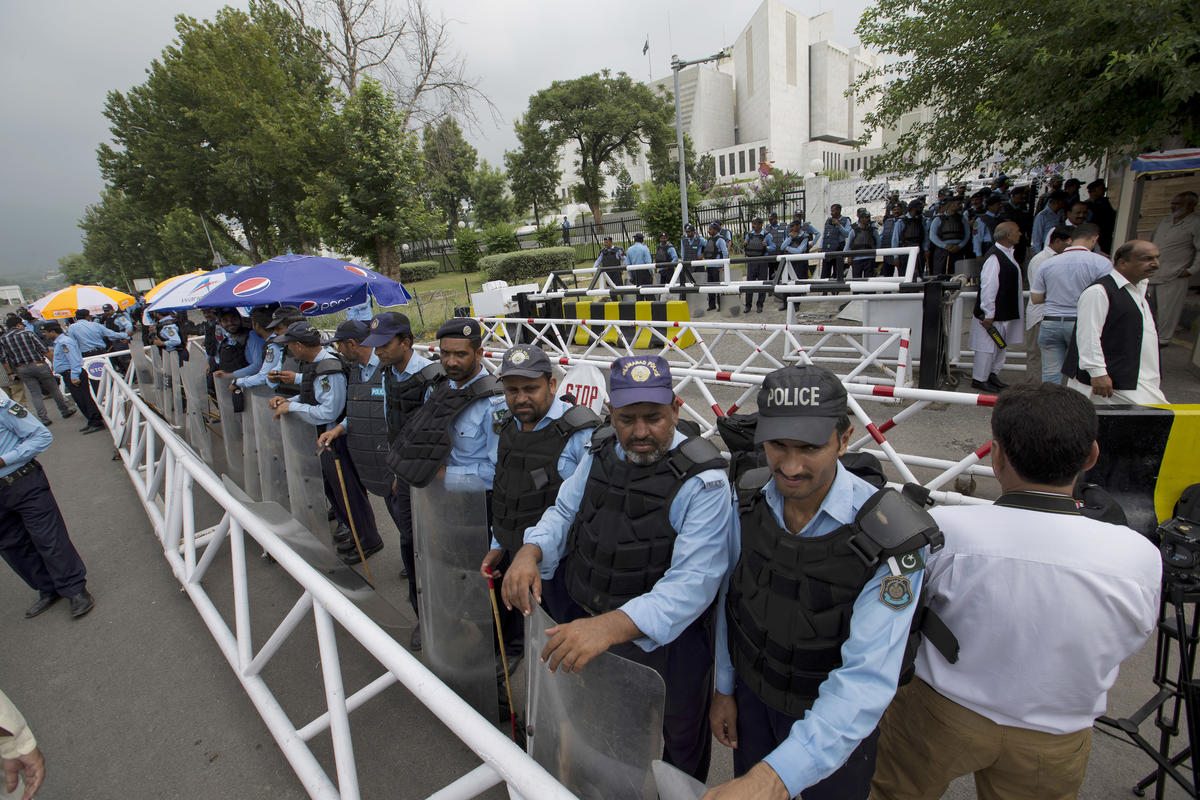
“We hope elections will be fair and free as the country can’t afford any crisis as a result, but recently there are some concerns due to the judicial activism and how the national accountability bureau has been pursuing cases against only one party,” Pakistan’s Interior Minister Ahsan Iqbal told Reuters.
The other major political parties, the Pakistan People’s Party (PPP) and the Pakistan Tehreek-e-Insaf (PTI), both hope that the Sharif’s ban from politics will be enough to weaken his party in July’s elections.
[Title graphic: James Fox]
LIMA CHARLIE NEWS
Lima Charlie provides global news, insight & analysis by military veterans and service members Worldwide.
For up-to-date news, please follow us on twitter at @LimaCharlieNews
In case you missed it:

![Image Pakistan Supreme Court appears to be running the country [Lima Charlie News][Graphic: James Fox]](https://limacharlienews.com/wp-content/uploads/2018/04/Pakistan-Supreme-Court-appears-to-be-running-the-country-Lima-Charlie-News.png)
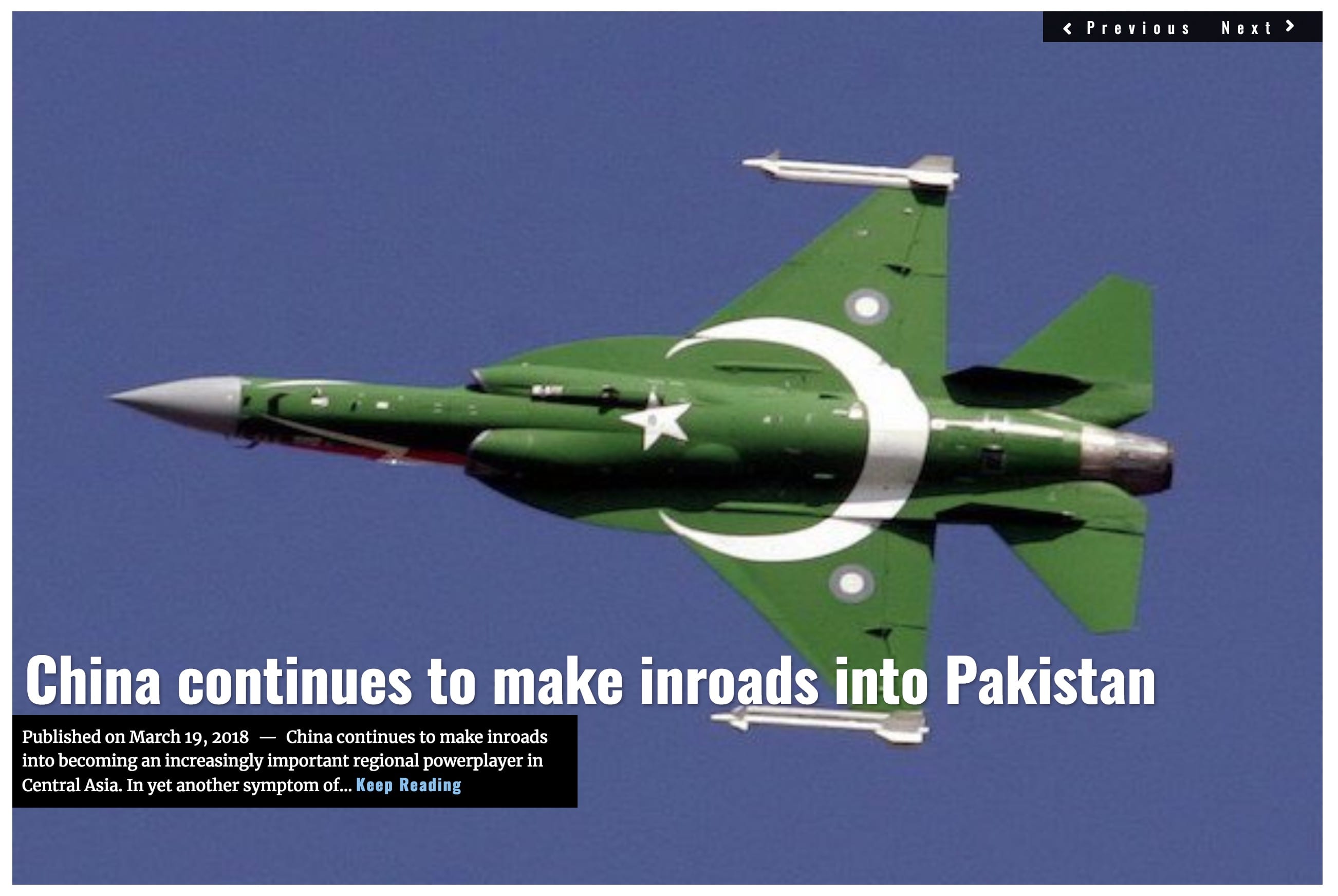
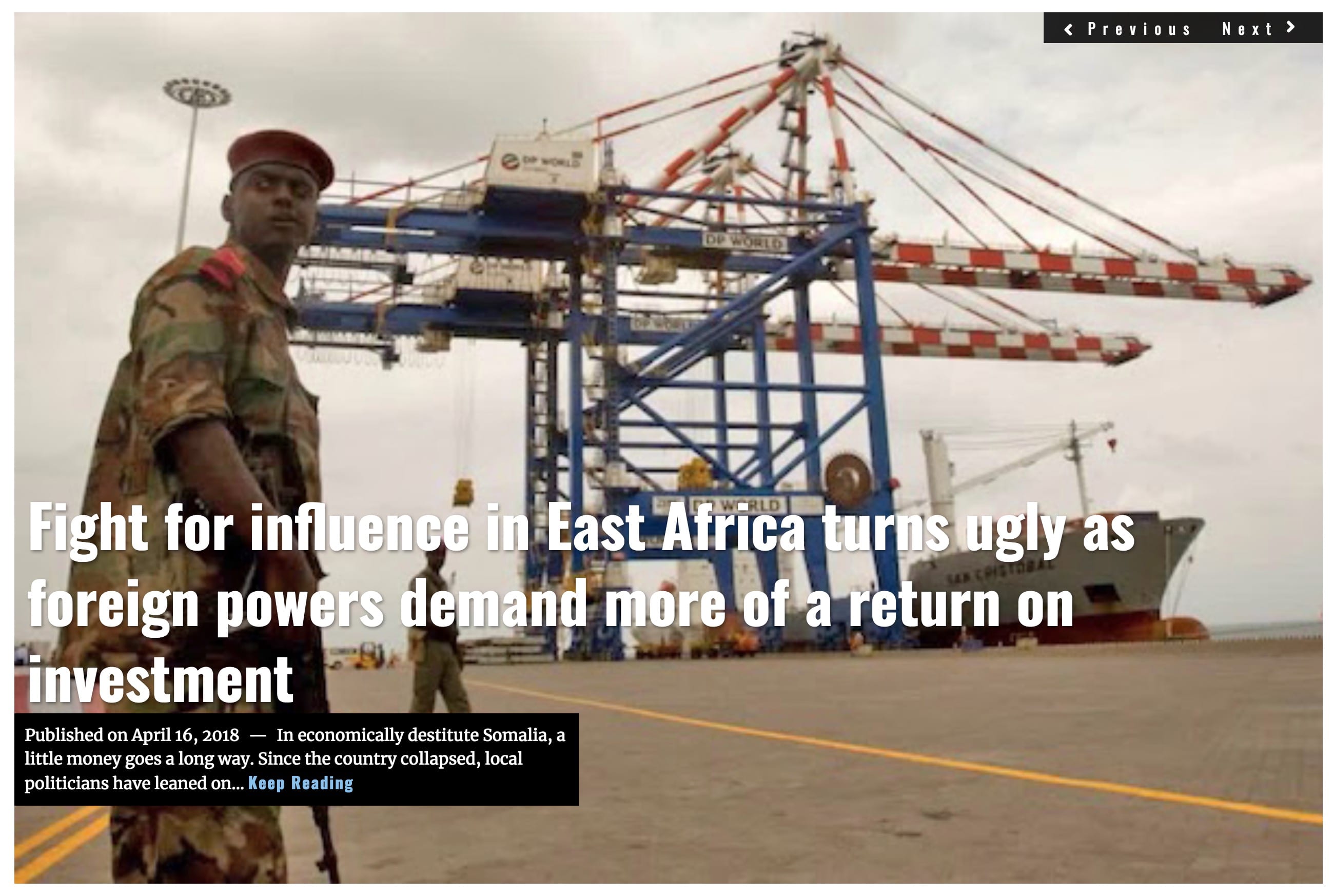
![Image China continues to make inroads into Pakistan [Lima Charlie News][Photo: Daily Pakistan]](https://limacharlienews.com/wp-content/uploads/2018/03/x-1024x768-1-480x384.jpeg)
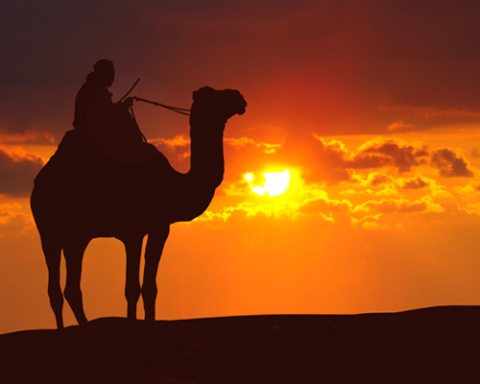
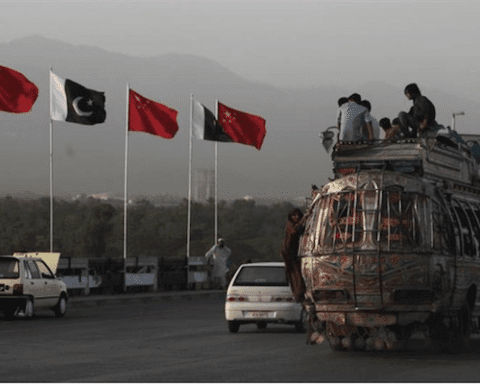


![Blossoming Russo-Turkish alliance leaves U.S., NATO behind [Lima Charlie News]](https://limacharlienews.com/wp-content/uploads/2019/07/Russia-Turkey-alliance-leaves-U.S.-NATO-behind-480x384.png)

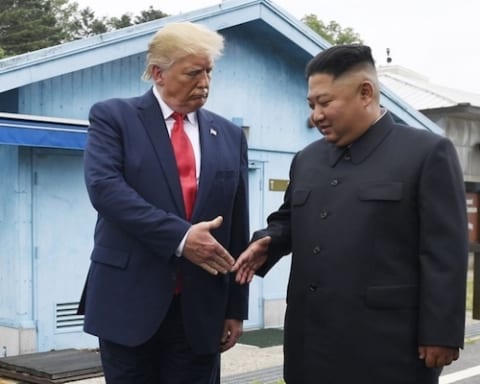
![Image China continues to make inroads into Pakistan [Lima Charlie News][Photo: Daily Pakistan]](https://limacharlienews.com/wp-content/uploads/2018/03/x-1024x768-1-150x100.jpeg)
